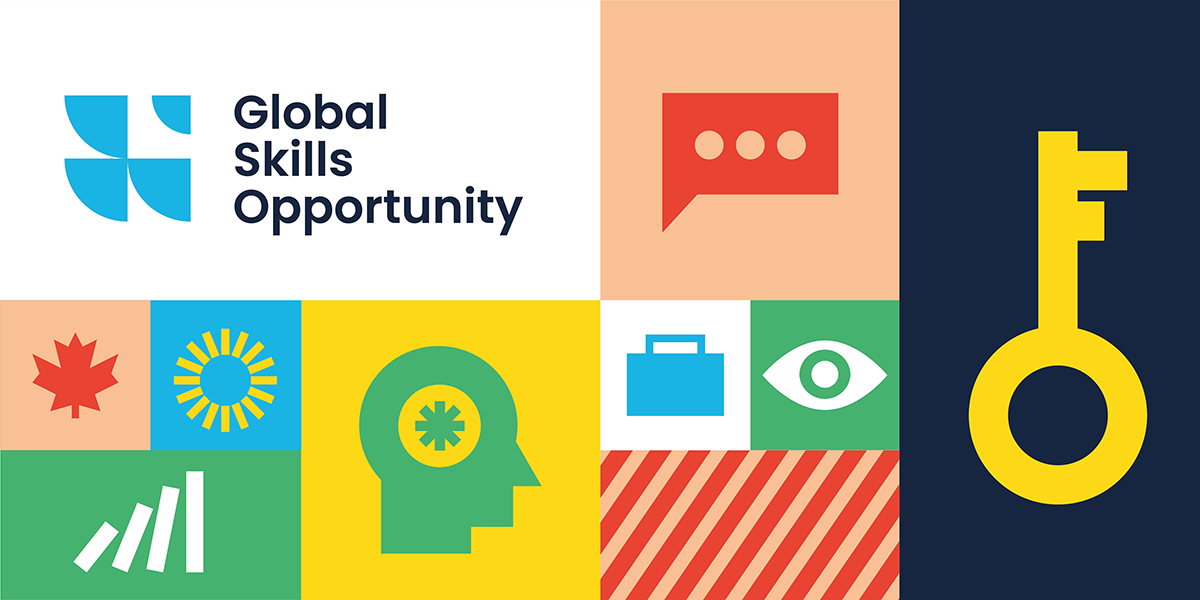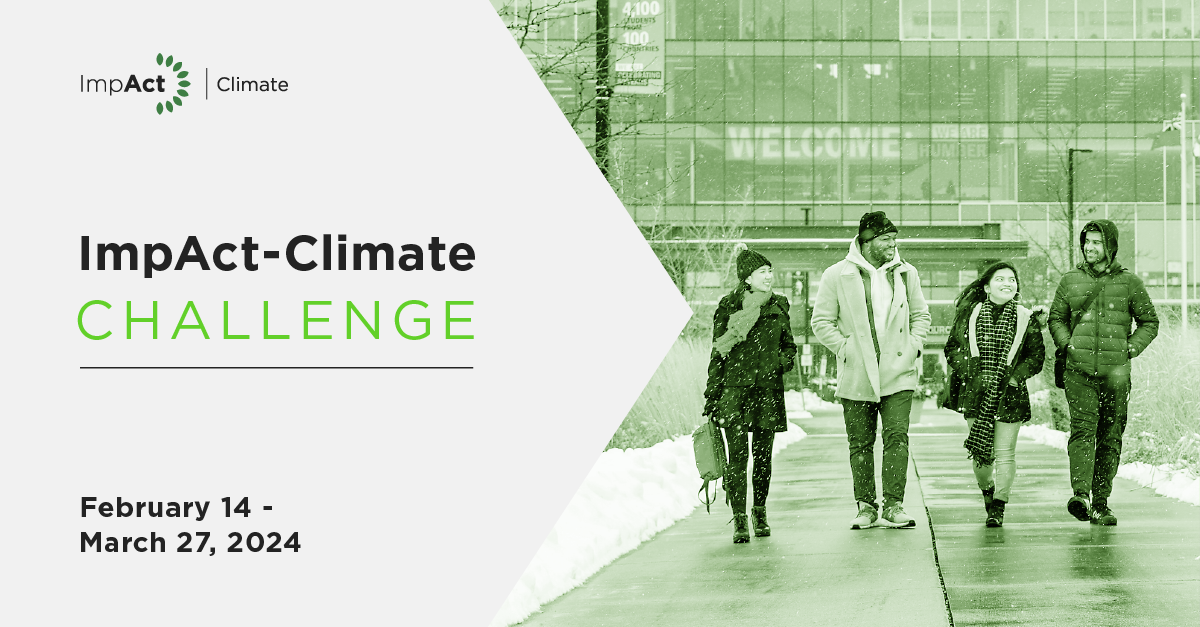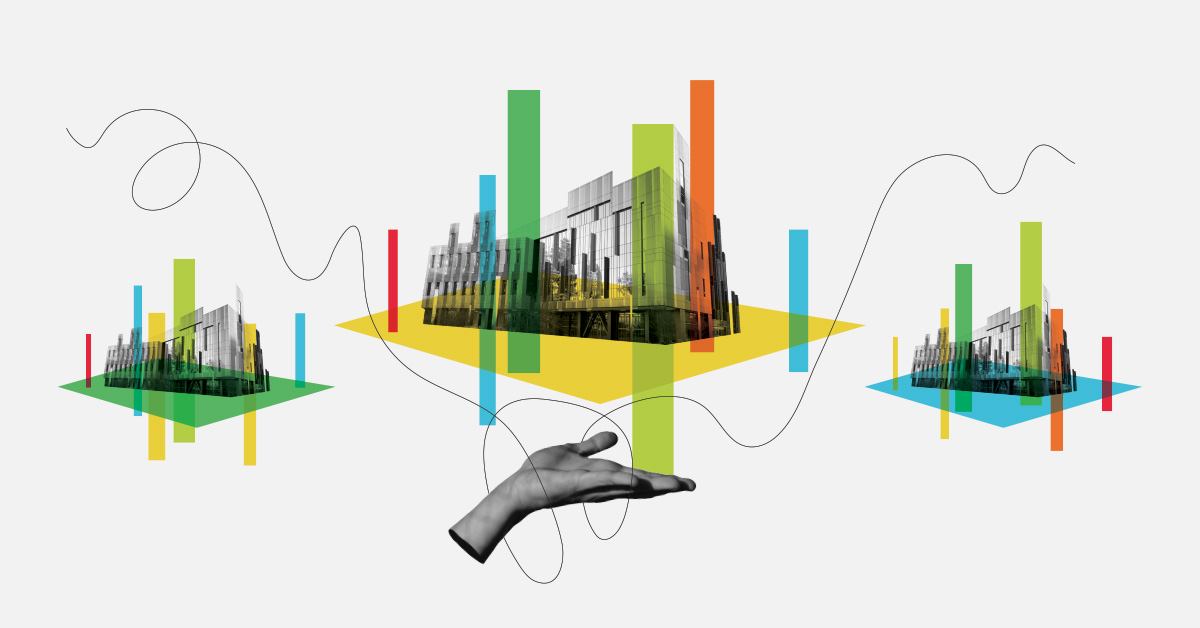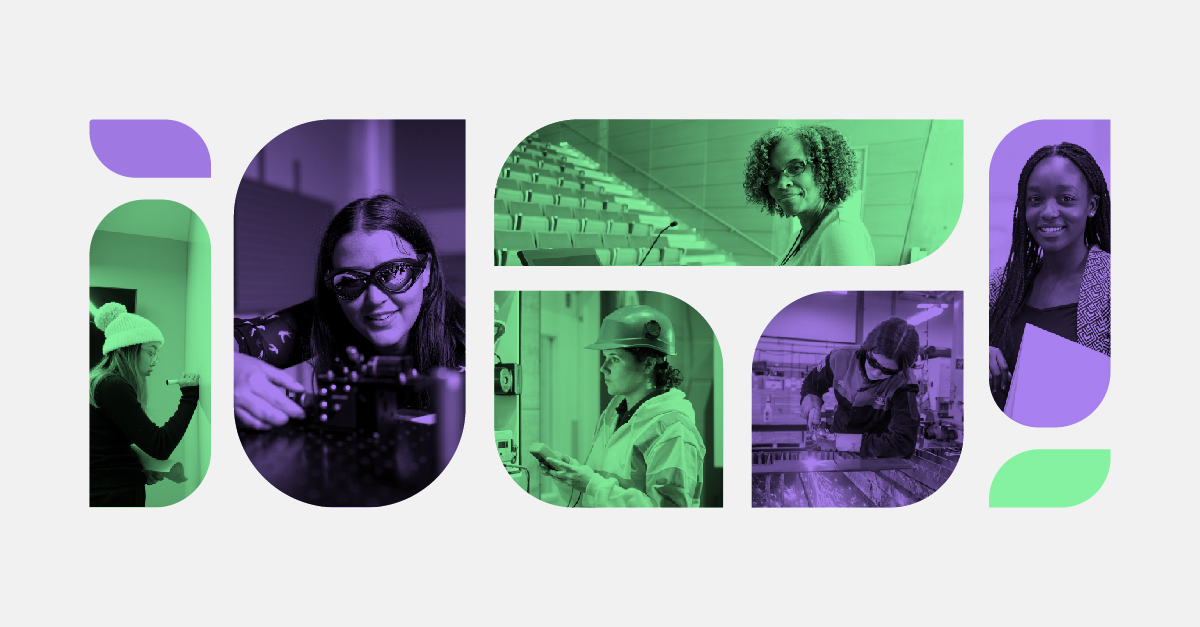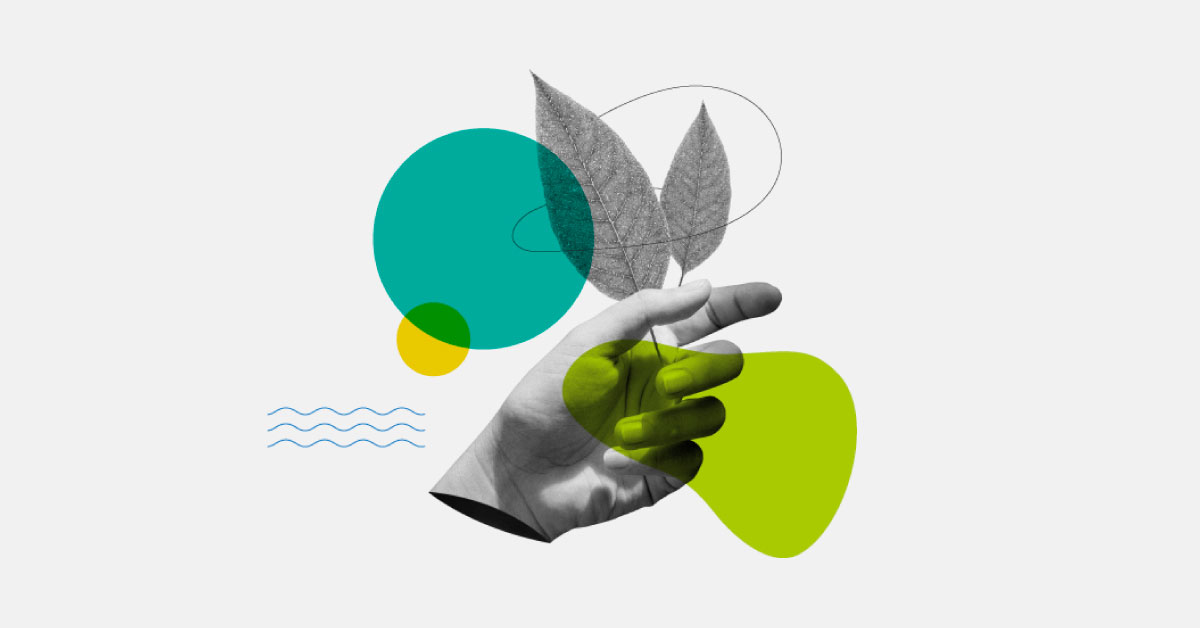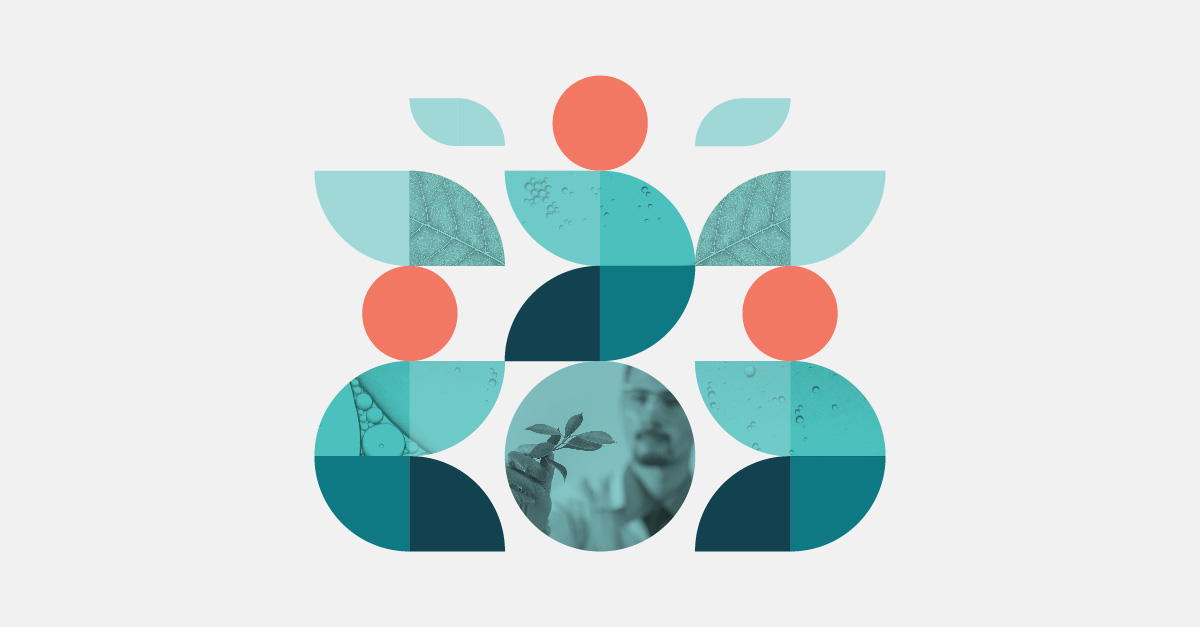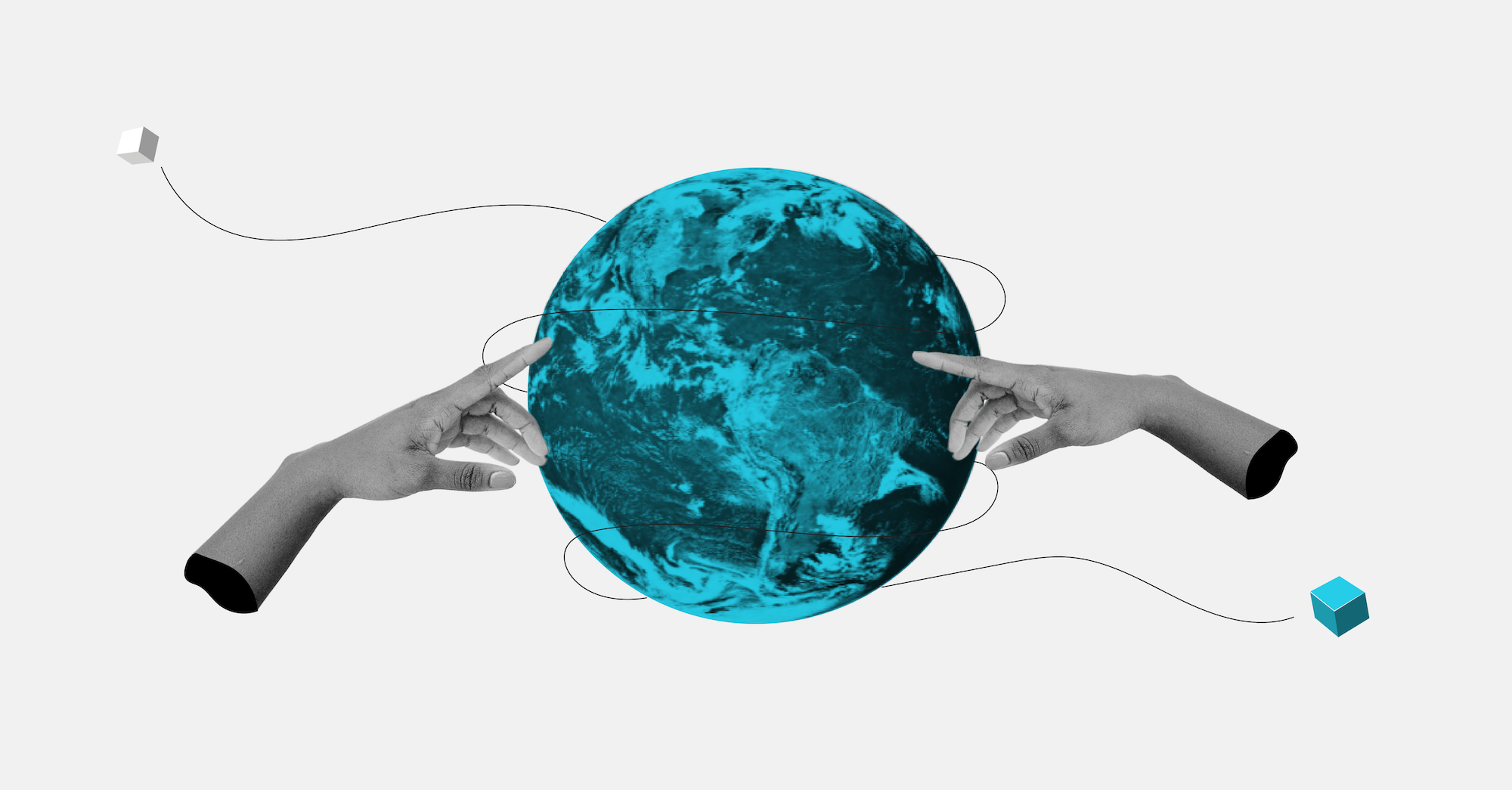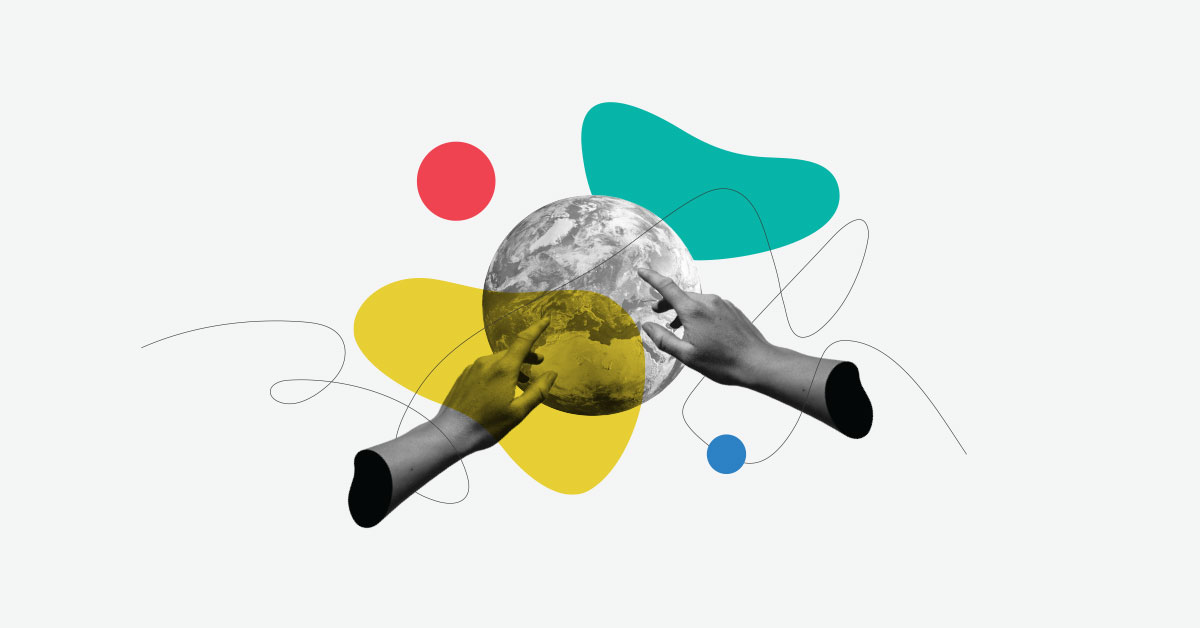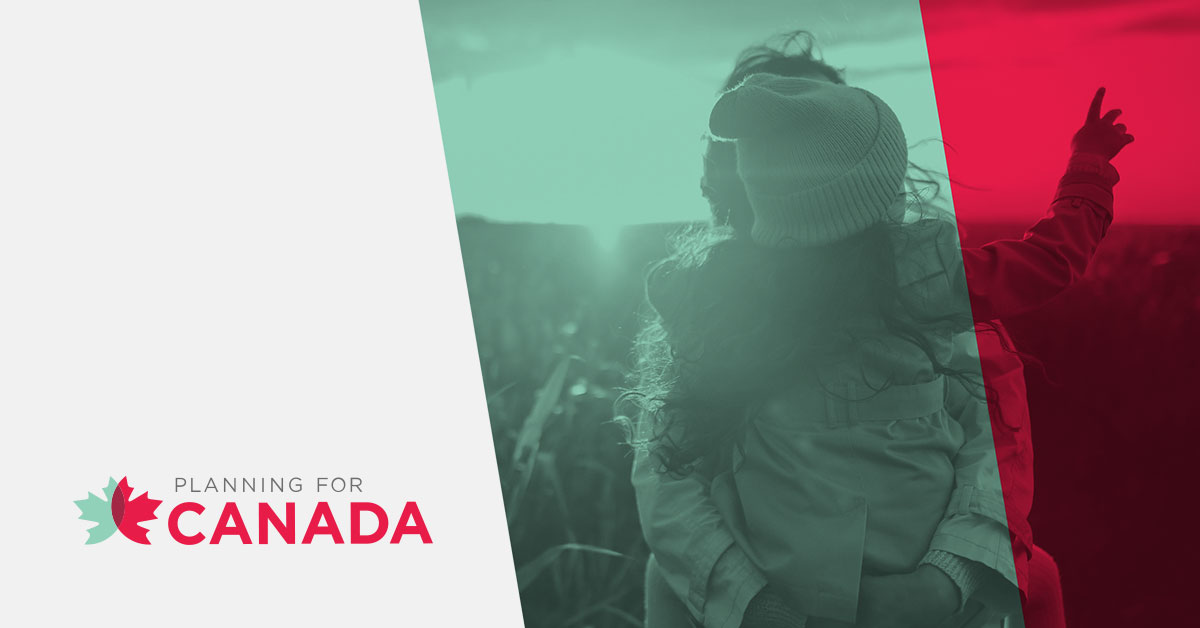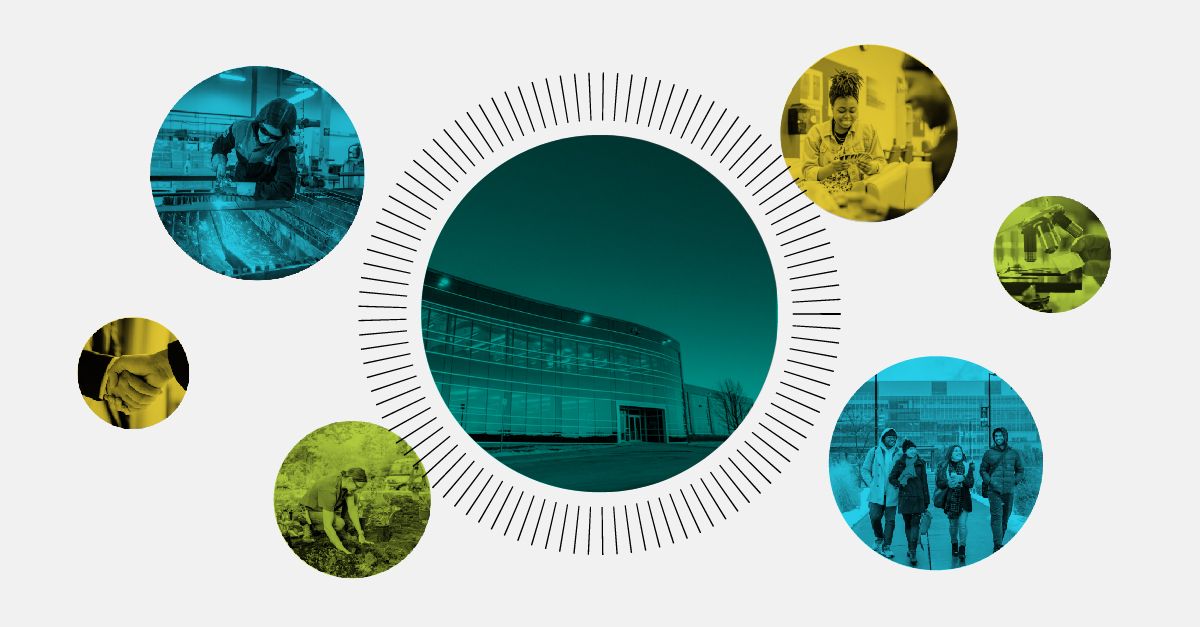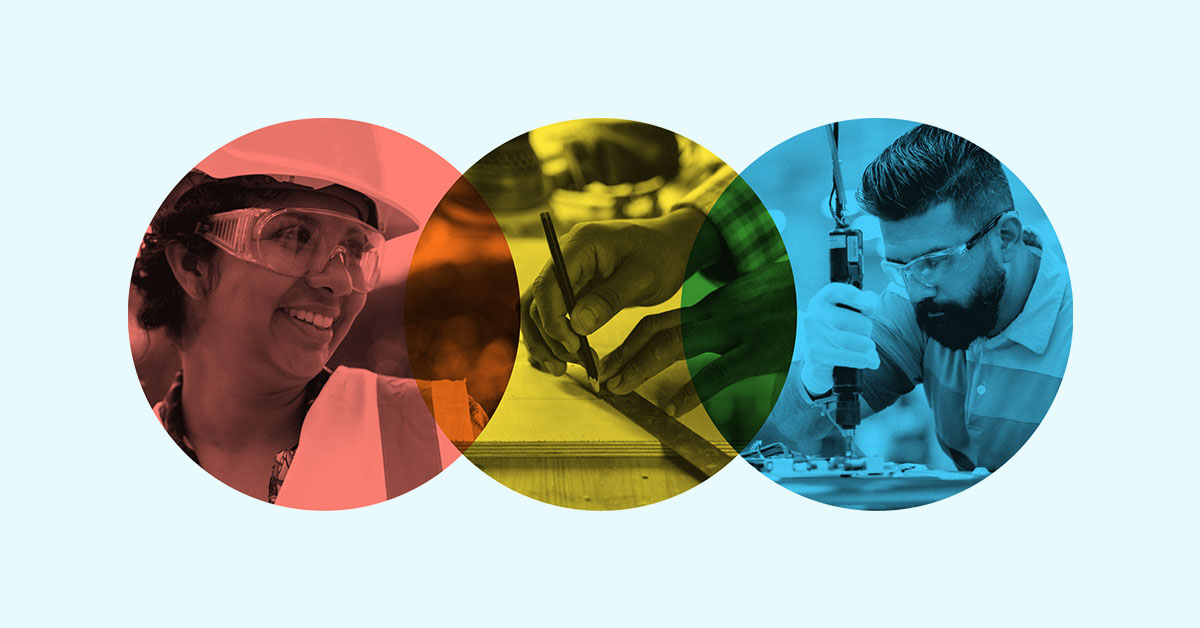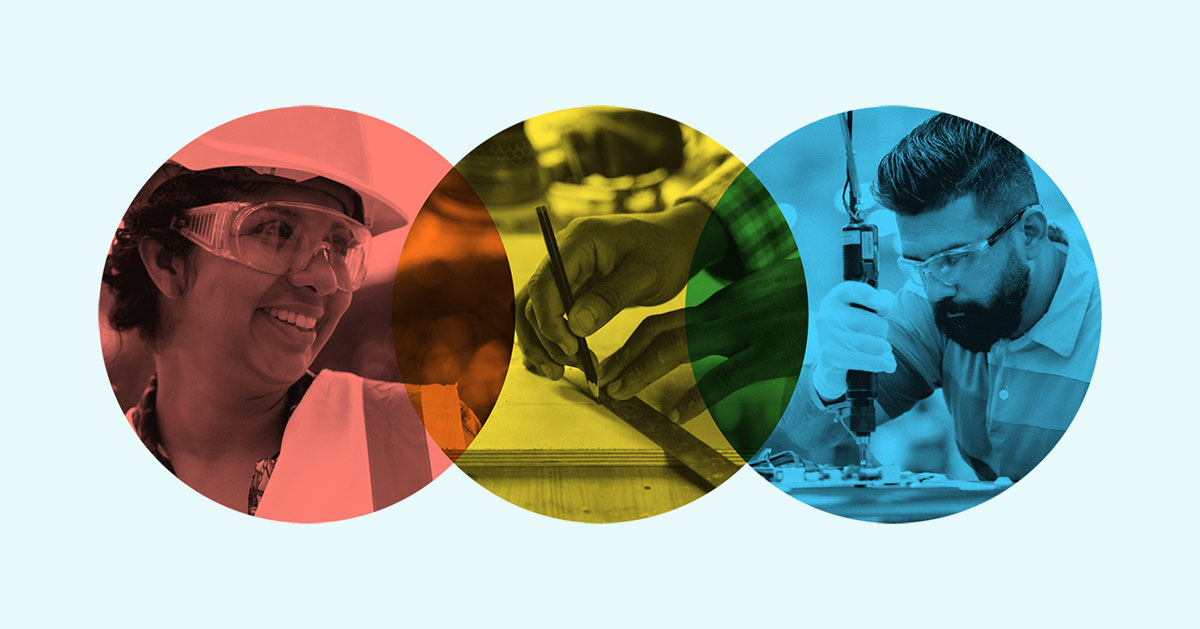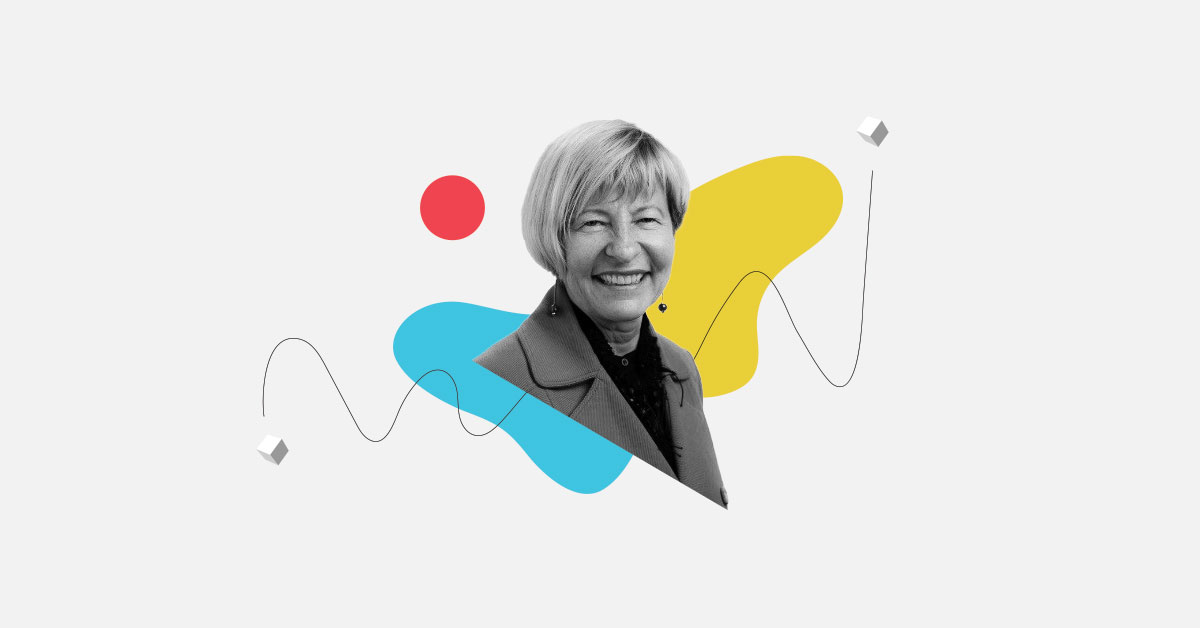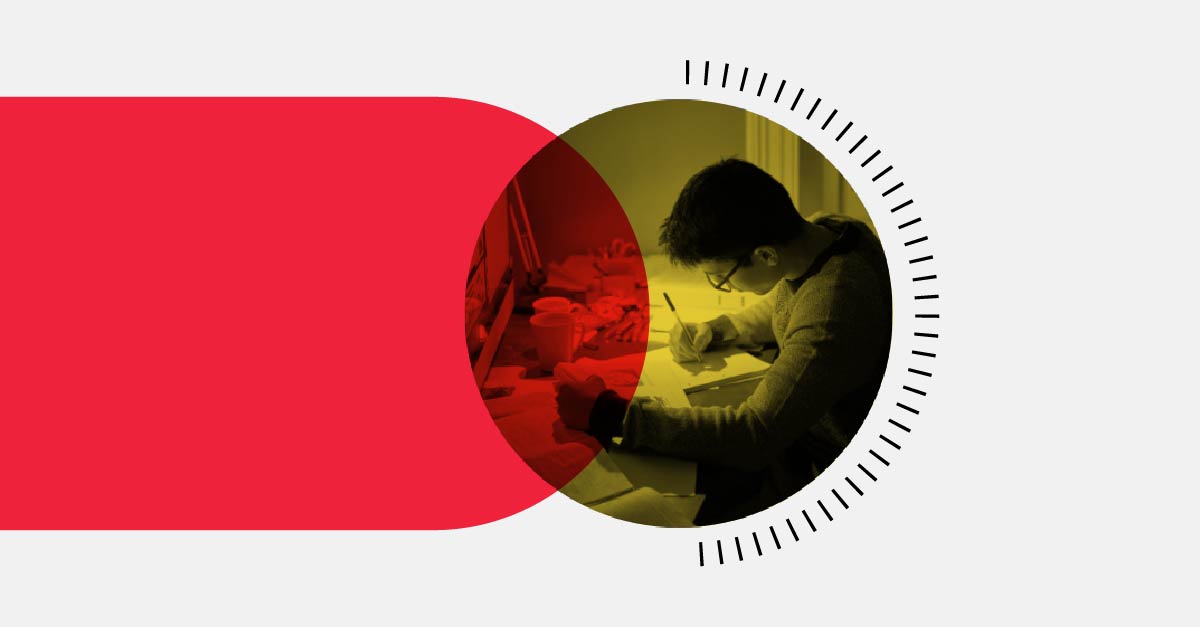This op-ed was published by The Hill Times on April 15, 2024. Canada is a trading nation. In fact, in 2022 Canada’s two-way trade in goods and services reached a record high of $1.9 trillion. We have 15 free trade agreements reaching more than 60% of the world’s GDP, and Canada is the only G7 country with comprehensive free trade access to all its G7 counterparts and with the European Union. This is a unique Canadian advantage…
Previous posts...
Keyword:
Category:
Tags:
April 17, 2024
ImpAct-Climate Challenge: Inspiring Action, Sparking Change
The latest edition of the ImpAct-Climate Challenge has come to a close and students, staff, and faculty across 55 CICan member colleges and institutes now…... Read more
climatechange
March 22, 2024
Innovation for Impact: Insights from CICan’s CEO Pari Johnston at the Standing Committee on Science and Research
On Thursday, March 21st, CICan's President and CEO, Pari Johnston, appeared before the House of Commons Standing Committee on Science and Research regarding the distribution…... Read more
March 8, 2024
By the Numbers: Exploring Women’s Presence in Canadian Colleges and Institutes
Canada has undoubtedly made significant strides in advancing gender equality, yet the journey towards full parity remains ongoing. Access to and representation in post-secondary education…... Read more
Gender Equality
March 7, 2024
Commuting is Community
Did you know that cars and trucks are responsible for approximately 17% of global CO2 emissions? Transportation is an important part of our lives, yet…... Read more
February 23, 2024
Canada’s research and innovation group chat needs colleges and institutes
What’s on my mind? With Pari Johnston As our innovation minister likes to say, today’s research is tomorrow’s economy. Last year’s Report on the Federal…... Read more
applied research
January 31, 2024
Sustainable investment in the public post-secondary sector is the national conversation we should be having, not unsustainable growth in international students
Op-ed published in the Toronto Star on January 31, 2024. By: Pari Johnston, President & CEO, Colleges and Institutes Canada Canada's post-secondary sector is facing an…... Read more
internationalstudents
January 29, 2024
#IDW2024: Showcasing Our Work Around the World
As a network, we’ve been working in international development for a long time, but many Canadians don’t realize the amazing impact our work has had.…... Read more
IDW2024
January 24, 2024
A more unpredictable world presents Canada with serious challenges, but also new opportunities
By Margaret Biggs, Matthews Fellow in Global Public Policy, Queen’s University, and Roland Paris, Director, Graduate School of Public and International Affairs, University of Ottawa.…... Read more
GlobalSkillsCA
January 23, 2024
A Fresh New Take on Pre-Arrival Services
At Planning for Canada (PfC), we know immigrants’ needs are always changing. That’s why we consistently tailor our services to better support your pre-arrival needs,…... Read more
January 15, 2024
Canadian Colleges and Institutes Driving Impact in 2024
Each year, Canadian colleges and institutes play a crucial role in shaping our country's future, and 2024 will be no different. As Canada’s innovation and…... Read more
applied research
December 20, 2023
ApprenticeConnect Put Tools at your Fingertips
Ashley from Career Launcher Apprenticeships appeared on The Construction Life Podcast for the second time this year to discuss how employers receive up to $20,000…... Read more
December 19, 2023
For Moniz Contracting, Career Launcher Apprenticeships is a win-win.
“The program has provided tremendous support to our workforce development goals. Without it, I wouldn’t have been able to bring the apprentice on board at…... Read more
November 28, 2023
Final Reflections from Departing President and CEO Denise Amyot
Dear friends, colleagues and members of the CICan community, Today, I stand on the threshold of a new chapter in my life, and I am…... Read more
deniseamyot
November 22, 2023
Building a Better Future: Colleges and Institutes’ Role in Student Housing
Student housing in Canada is in a crisis. Rent is increasing, affordable housing options are dwindling, and colleges and institutes are bursting with students striving…... Read more
housing crisis

